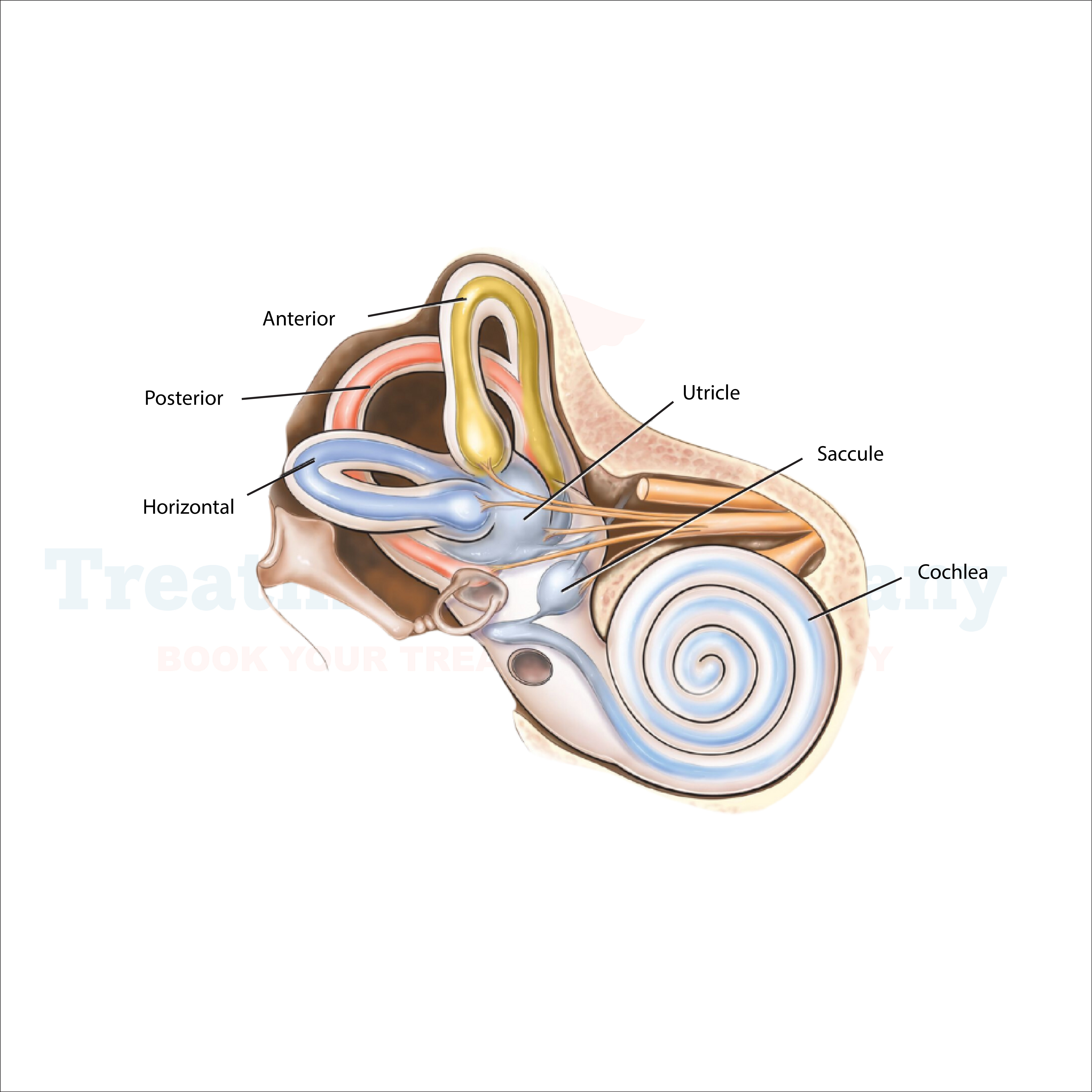What is Vertigo?
Vertigo encompasses several conditions, including Benign Paroxysmal Positional Vertigo (BPPV) and Meniere's Disease, among others. It's characterized by a sensation of spinning or dizziness, often triggered by specific head movements or changes in position. BPPV typically arises due to the displacement of tiny calcium crystals in the inner ear, while Meniere's Disease involves a fluid imbalance in the inner ear.
Side effects of Vertigo
The symptoms of vertigo can range from mild to severe, affecting one's ability to perform daily tasks and impacting overall quality of life. Common side effects include dizziness, nausea, vomiting, imbalance, and a feeling of disorientation. In severe cases, vertigo episodes can lead to falls and injuries.
How is Vertigo diagnosed?
Diagnosing vertigo involves a thorough medical history review, physical examination, and specific tests to identify the underlying cause. Physicians may conduct positional tests, hearing tests, and imaging scans such as MRI or CT scans to rule out other potential causes and confirm the diagnosis.
Potential treatments of Vertigo
Treatment options for vertigo depend on the underlying cause and severity of symptoms. For BPPV, maneuvers like the Epley or Semont maneuvers are often effective in repositioning the displaced calcium crystals in the inner ear. Medications such as vestibular suppressants and anti-nausea drugs may also be prescribed to alleviate symptoms.
Seeking Treatment in Germany
👉 Contact us for further information and receive a complimentary consultation.


.webp)
 (1).webp)

.webp)
 (1).webp)


.webp)
 (1).webp)

.webp)
 (1).webp)
